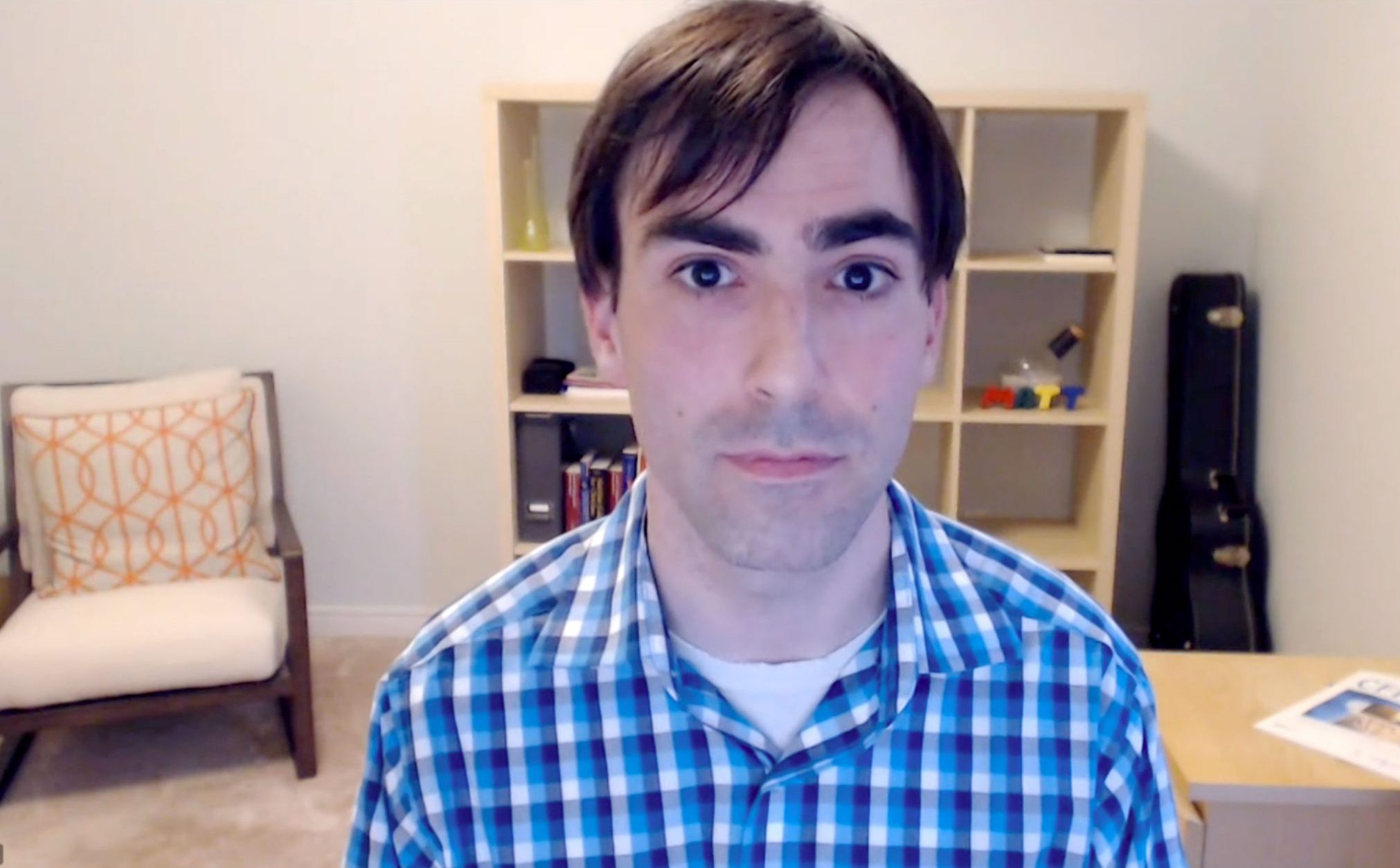GUELPH – Wellington-Dufferin-Guelph Public Health (WDGPH) associate medical officer of health Dr. Matthew Tenenbaum is urging the community to continue to be cautious as the province battles the sixth wave of the pandemic.
At an April 26 Upper Grand District School Board (UGDSB) meeting, the WDGPH associate medical officer of health stressed that although restrictions have eased in most settings, the pandemic isn’t over.
“As I’m sure you know we are now in the midst of a sixth wave of the pandemic,” Tenenbaum said in his address.
“Case numbers have increased; wastewater signals have increased.”
He added, “There is some evidence that the trend is stabilizing, and we have perhaps plateaued in terms of our community level of risk, but I come to you during a time when the risk in the community is still high.
“We know COVID is out there and even though things feel different now, we’re not through the pandemic yet.”
Tenenbaum said residents need to be mindful of public health measures they’ve practiced over the last two years to reduce the risk of COVID-19, including limiting contacts and where they interact with others.
He referred to thinking about the three C’s – closed spaces, crowded places and close contacts – emphasizing the importance of practicing measures like wearing a well-fitted mask, physically distancing and limiting the size of gatherings.
“Those are the scenarios where COVID transmits most easily and it’s those scenarios where we need to be extra careful, extra thoughtful about the kinds of things we’re practicing,” Tenenbaum explained.
Reiterating the importance of the vaccine, Tenenbaum said “vaccination has transformed this disease into one which for most people, the risk it going to be less severe, but the risk is still out there.
“They’re going to provide or boost the protection that you have from this virus and make it possible for us to move forward as a community in light of the fact that COVID-19 is still out there.
“So it is still really important for us to be mindful of the fact that this virus is still present in our community but fortunately we have tools at our disposal to reduce our risk in certain higher risk scenarios,” he added.
Repeat infections
Tenenbaum also addressed trustees’ concerns around repeat infections, which he said are becoming more of a topic of conversation for WDGPH in the context of Omicron.
He spoke to the evolving nature of the Omicron variant compared to the previous variants.
“It used to be that we thought of COVID-19 as an infection that you certainly could get it once and rarely you could get it a second time,” he explained.
“It happened but it wasn’t very common.
“This has been a variant of the virus that has been able to evade, not just some of the vaccine induced protection, but also some of the protection offered by previous infection.”
Tenenbaum noted we’re now seeing people who had Omicron in January getting repeat infections, which he said speaks to the fact that when someone gets COVID-19 they’re going to build some immune response but there’s no guarantee they won’t get infected again.
“The idea that this virus is a one-and-done is not the case,” he explained. “It is certainly possible that you can get infected more than once.
“This is something that could cause repeat infections in the future and certainly as the overall number of infections is more common, we are going to see more repeat infections.”
He noted data is still emerging on the actual duration of protection following infection.
“We think that in the short term, in the weeks that immediately follow an infection, your odds of getting a second infection immediately after is very small but certainly over time, after about three months, certainly you are at risk again,” he said.
“So it happens, it’s possible, it’s unfortunately more common than it has been in the past, but the measures that protect you against a first infection also protect you against a reinfection.”




